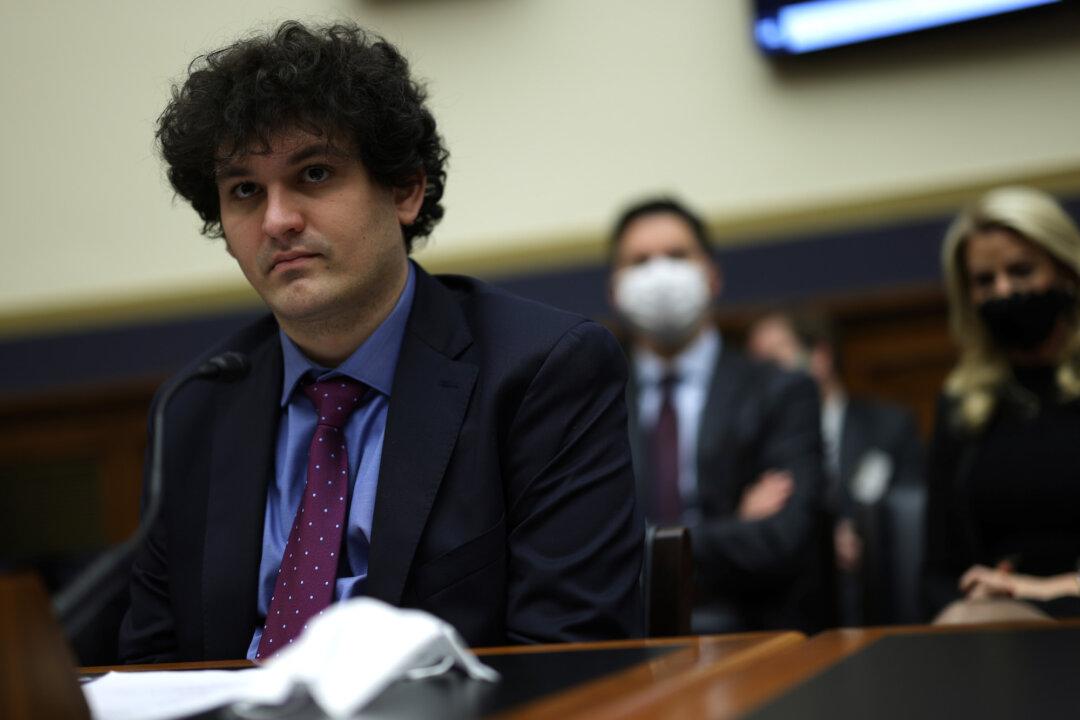Members of Congress from both sides of the aisle are calling for congressional action in the wake of the Chapter 11 bankruptcy filing by FTX Trading Ltd., the world’s second-largest cryptocurrency exchange, which was founded by Democrat mega-money donor Sam Bankman-Fried.
The cryptocurrency market consists of hundreds of billions of digital financial assets and is viewed by advocates as the eventual replacement for hard money. As a major player in the industry, FTX represented an estimated 130 related corporate entities around the world.





